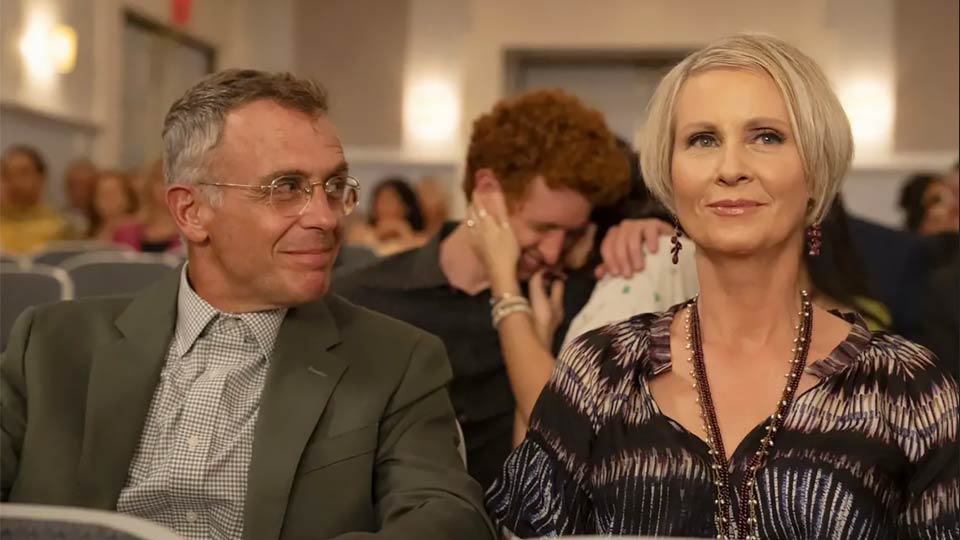For every Rose, there’s a Steve
For those of you who follow us on social media, you’ll know that last year we were rooting for Rose Ayling-Ellis, Strictly Come Dancing’s first ever deaf contestant, and, ultimately, the series winner. Ayling-Ellis was born deaf, so her story and background isn’t exactly reflected in the work Hidden Hearing does – we tend to treat people who have lost part of their hearing.
Having said that, her performances put deafness into the spotlight, epitomised by the sudden surge in demand for sign language classes in the UK.
We thought that the Strictly star’s popularity and humility may indirectly help soften the stigma that is so closely associated with hearing loss. A stigma so strong that, according to the World Health Organization, people typically wait nine or ten years (yes, years) between first noticing a hearing loss and seeking treatment.
Why?
Usually for one simple line of reasoning: “Hearing loss means I’m old, and I’m not ready to accept that.”
We campaign tirelessly to try and get people to see past this train of thought that simply isn’t true. The Campaign for Better Hearing, which we support, travels the length and breadth of the country each year, imploring people to get their hearing checked, just like they would for any other routine health check. But despite our best efforts, and what we thought may be a step forward in the media, turned out to be another false dawn.
Cue Sex in the City’s follow-up mini-series And Just Like That. The opening line of the character Steve (played by David Eisenberg) is supposed to be a joke: “Hey, I got hearing aids. I’m an old-timer now.”
Once again, the stigma that hearing aids mean you’re old, or slow, or will be made fun of for wearing them is being reinforced. Which is in itself funny, since according to a 2018 study, you’re much more likely to be made fun of for having untreated hearing loss than for wearing hearing aids.
And hearing loss isn’t only associated with the elderly. It’s likely you might start to feel the effects of age-related hearing loss in your 50s. Twenty percent of the UK adult population have some degree of hearing loss, but 40% of over 50s do. We don’t think that 50 is old at all, but that’s the way hearing loss, and wearing hearing aids, is portrayed.
And we don’t think for a moment that any of our recent case studies – people like Helen, Alex, Matthew, Sandra, Katie, Christine (the list goes on) – would consider themselves ‘old’. Reading their stories, you can see just how much of a life-changing impact hearing aids have had.
We’re doing everything we can to challenge the stigma that surrounds hearing loss. We just wish its depiction in popular culture would do the same.

